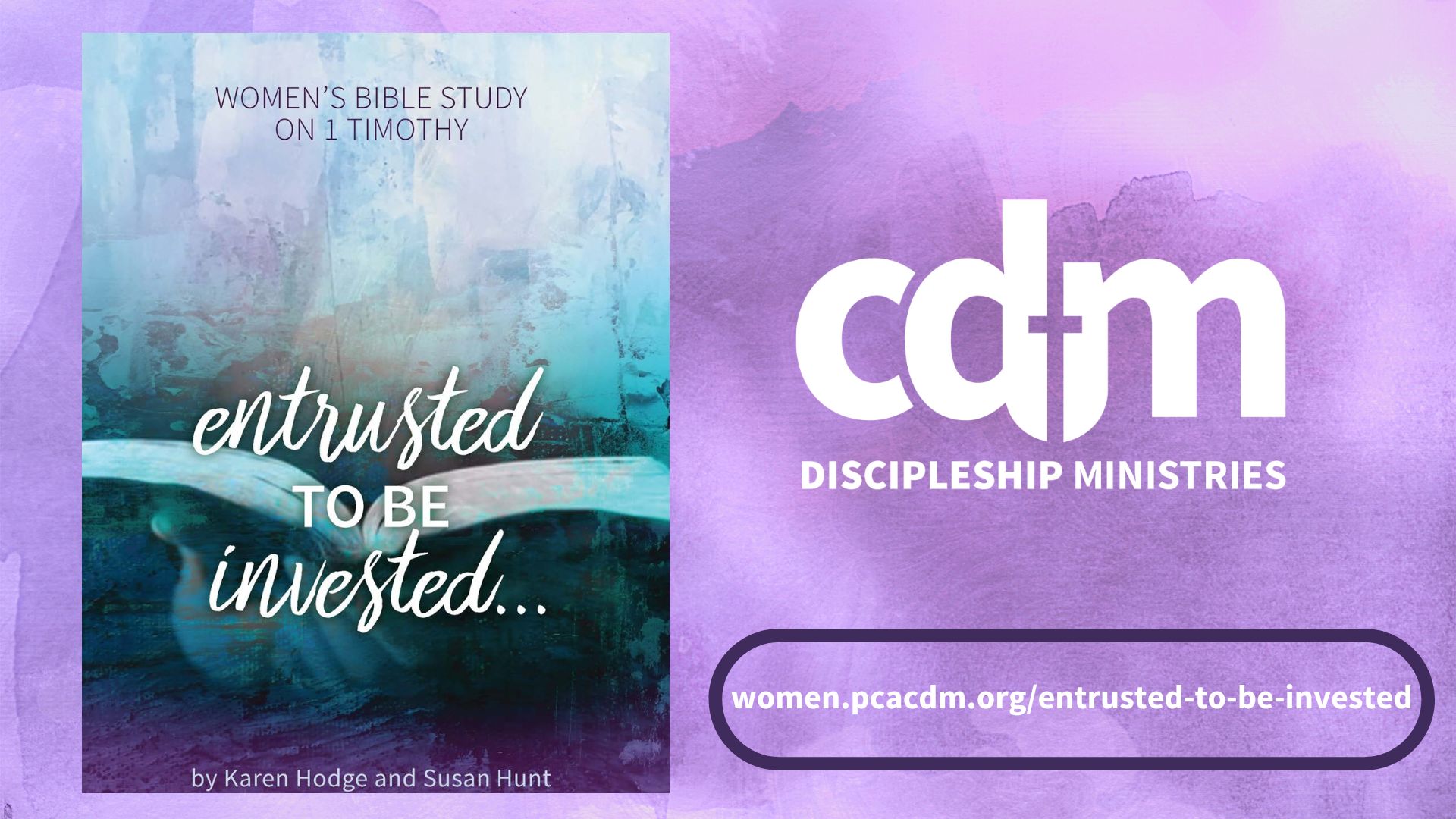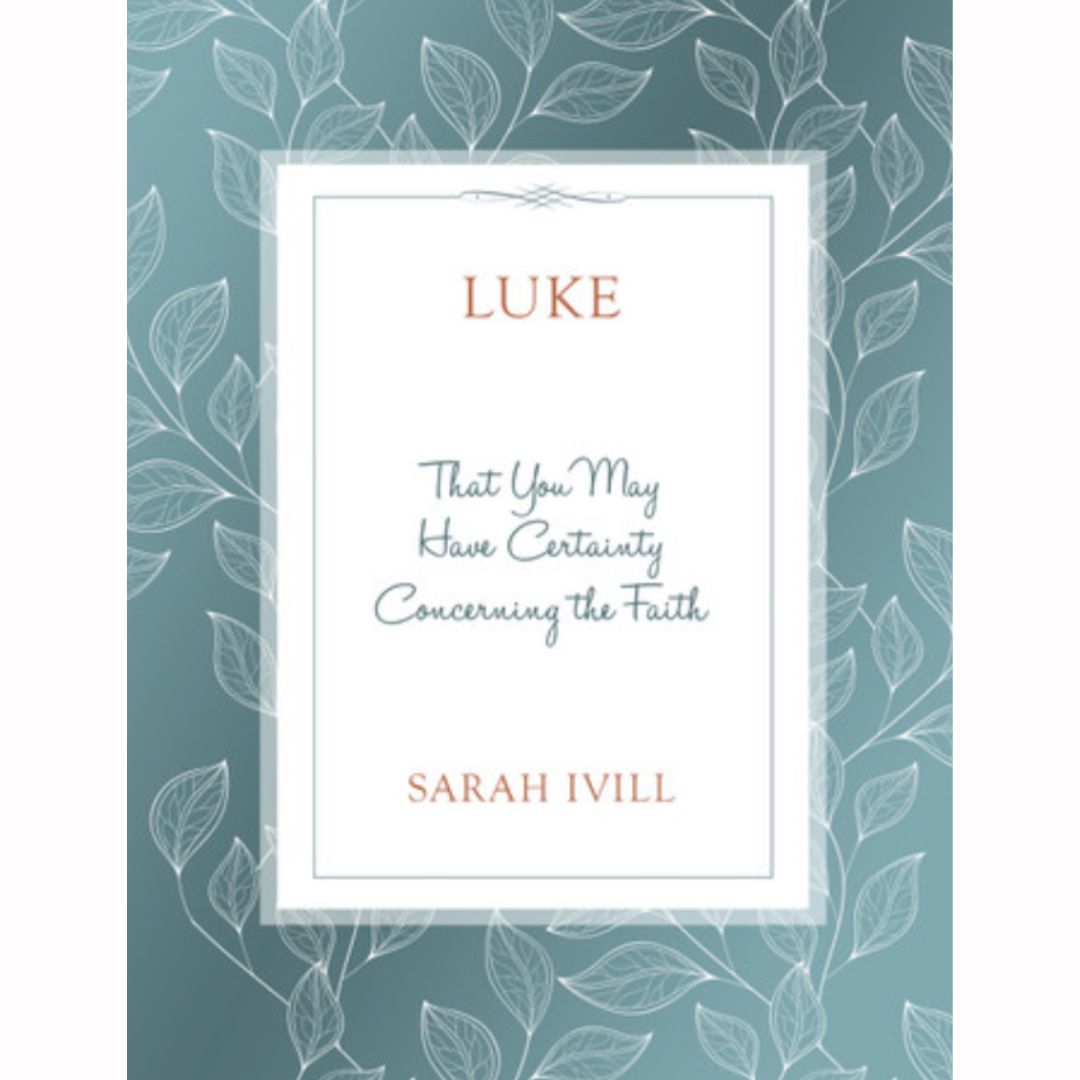The Most Important Person in Your Bible Study
CHRISTINE GORDON|GUEST I’ve seen the signs and I’ll bet you have, too. They’re on special store shelves, tucked into sale flyers, and piled up in designated areas of Target, curtly signaling that summer is waning. The school supplies are back. It always surprises me, no matter how many summers I’m alive. “Really?” I think to myself. “It’s already time?” Once I’ve accepted the sad fact that pool season will once again come to an end, I begin to think about what comes next. For me and many women in the church, this means Bible studies. Every fall, we crank up the machine: leaders, sign up lists, childcare, and nighttime meeting spaces. It’s a good effort and a worthy cause. We need the help of our sisters, the regular schedule and expectation of a passage studied, a book chapter finished. But in all our resolute efforts, it’s easy to forget that we are not the only participants in this endeavor. In fact, if the sum of our activity was simply a group of women regularly reading the same text, our time may have been better spent back at the Target school supply area. The Work of the Spirit Thanks be to God, something more than a good book club happens in these groups—something supernatural and beautiful. God himself, in the person of the Holy Spirit, works alongside the Word of God. Our Father not only reveals himself in his Word; he also illuminates our hearts so that we might understand and believe it...









